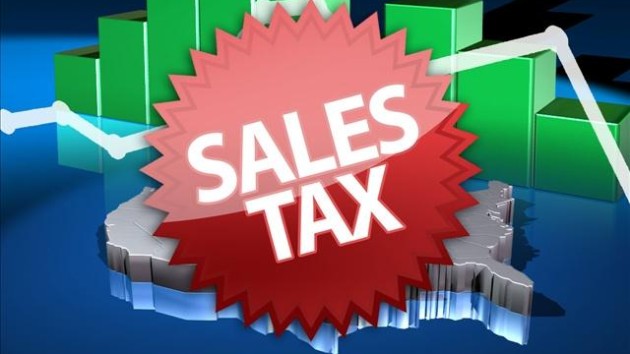How does Your State Tax Computer Software?
Sales tax treatment of software is the subject of this week’s Tax Foundation map. Ideally, all software purchases should be taxable to final users and exempt for business users. Instead, states tax some kinds of software and exempt others, based on whether it is customized or off-the-shelf and whether it is on CD or downloaded, all silly distinctions for tax purposes. States like Hawaii, New Mexico, South Dakota, Tennessee, and Texas are at least consistent in taxing it all. No state exempts it all, although Florida and Maryland come close. As for why Arkansas, Ohio, and South Carolina tax custom software when you buy it on a CD but exempt it when you download it, your guess is as good as ours.
We present state tax treatment of five different kinds of software: (1: triangle) pre-made “canned” software purchased in the form of tangible property like a disk or CD; (2: square) canned software downloaded directly onto a computer; (3: circle) custom software purchased on a disk or CD; (4: starburst) custom software downloaded; and (5: star) custom software customized by the user for their use.
(Click on the map to enlarge it. View previous maps here.)



